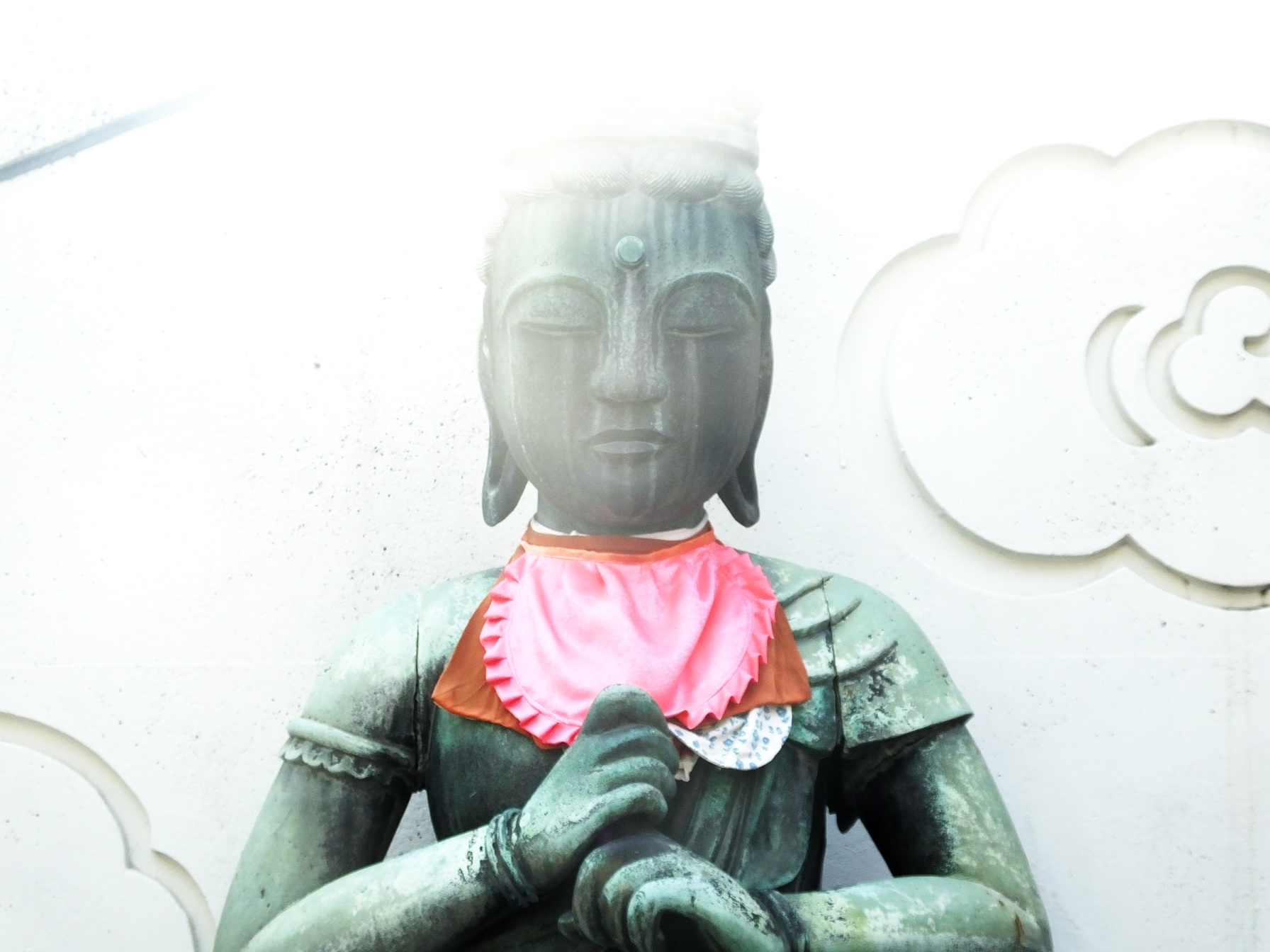
“From my rotting body, flowers shall grow and I am in them and that is eternity.”
~ Edvard Munch
I came across a book, almost lost among Japanese recipe and travel books, with the words “Death Poems” written on its spine. I was immediately intrigued.
There is a tradition in Japan, I read, that upon one’s death, one would leave a will behind, but also a “farewell poem to life.” These death poems are called jisei, and the practice was long adhered to by Zen monks and haiku poets.
What might be contained in a few lines uttered by a spiritually advanced human at the time of death, to encapsulate a life in learning? What do the dying awakened ones want to leave behind for the rest of us?
The words ring like chime bells in autumn wind, and also cut like a blade. This, for me, is the paradoxical beauty and magic inherent in Japan’s ancient history.
Here are some of these last words, a death practice full of observation, contemplation and also humour, but also a gift to the living. So much to savour here!
Bassui Tokusho (died in 1387, age 61)
Look straight ahead—what’s there?
If you see it as it is
You will never err.
Daido Ichi’I (died 1370, age 79)
A tune of non-being
Filling the void:
Spring sun
Snow whiteness
Bright clouds
Clear wind
Dokyo Etan (died 1721, age 80)
Here in the shadow of death it is hard
To utter the final word.
I’ll only say, then,
‘Without saying.’
Nothing more,
Nothing more.
Gesshu Soko (died 1696, age 79)
Inhale, exhale
Forward, back
Living, dying:
Arrows, let flown each to each
Meet midway and slice
The void in aimless flight—
Thus I return to the source.
~
Hosshin (died 13th century)
Coming, all is clear, no doubt about it.
Going, all is clear, without a doubt.
What, then, is it all?
~
Kaso Sodon (died 1428, age 72)
A drop of water freezes instantly—
My seven years and seventy
All changes at a blow
Springs of water welling from the fire.
~
Mumon Gensen (died 1390, age 68)
Life is an ever—rolling wheel
And even day is the right one.
He who recites poems at his death,
Adds frost to snow.
Tetto Giku (died 1369, age 75)
The truth is never taken
From another.
One carries it always
By oneself.
Katsu!
I found more of these incredible poems here. Here are a couple of them:
The death poem of Matsuo Bashō, one of the greatest haiku poets of all time:
On a journey, ill;
my dream goes wandering
over withered fields.
Zoso Royo (died 1276, age 84)
I pondered Buddha’s teaching
a full four and eighty years.
The gates are all now
locked about me.
No one was ever here—
Who then is he about to die,
and why lament for nothing?
Farewell!
The night is clear,
the moon shines calmly,
the wind in the pines
is like a lyre’s song.
With no I and no other
who hears the sound?
Love elephant and want to go steady?
Sign up for our (curated) daily and weekly newsletters!
Editor: Travis May
Photo: elephant journal archives











Read 4 comments and reply